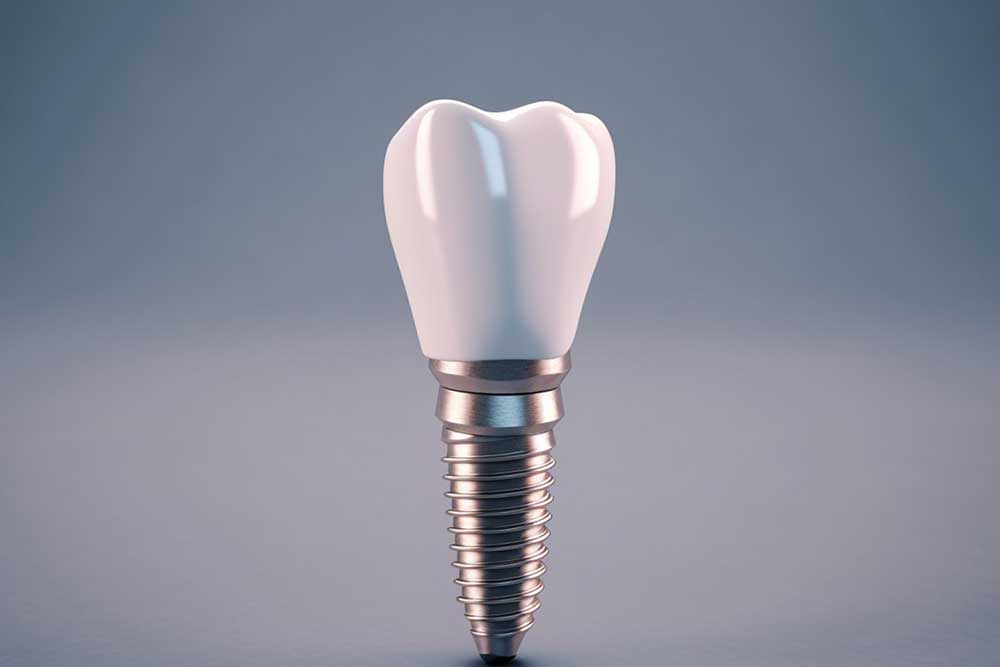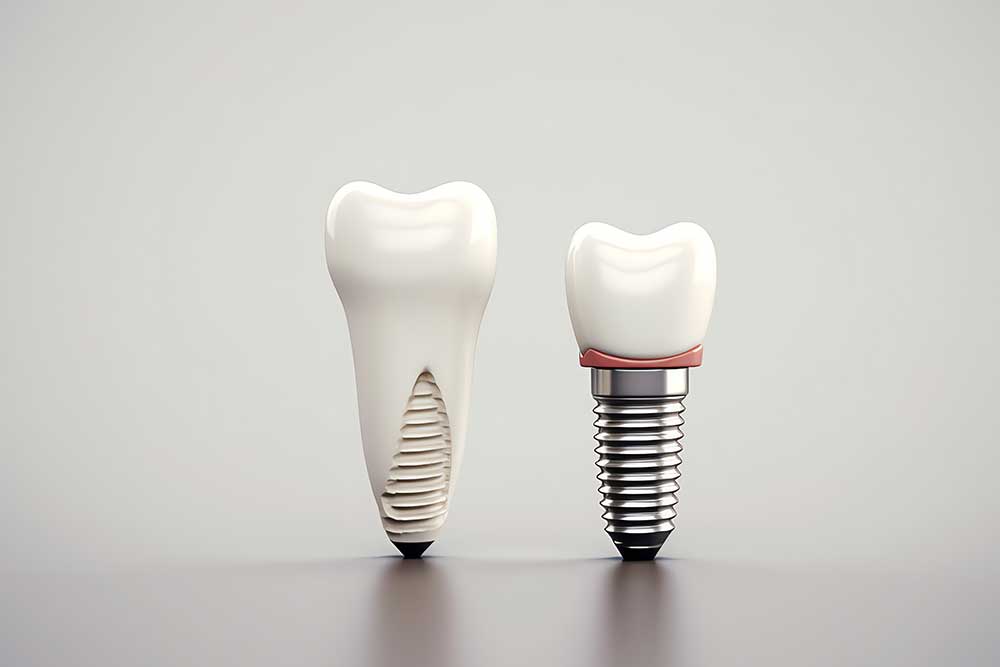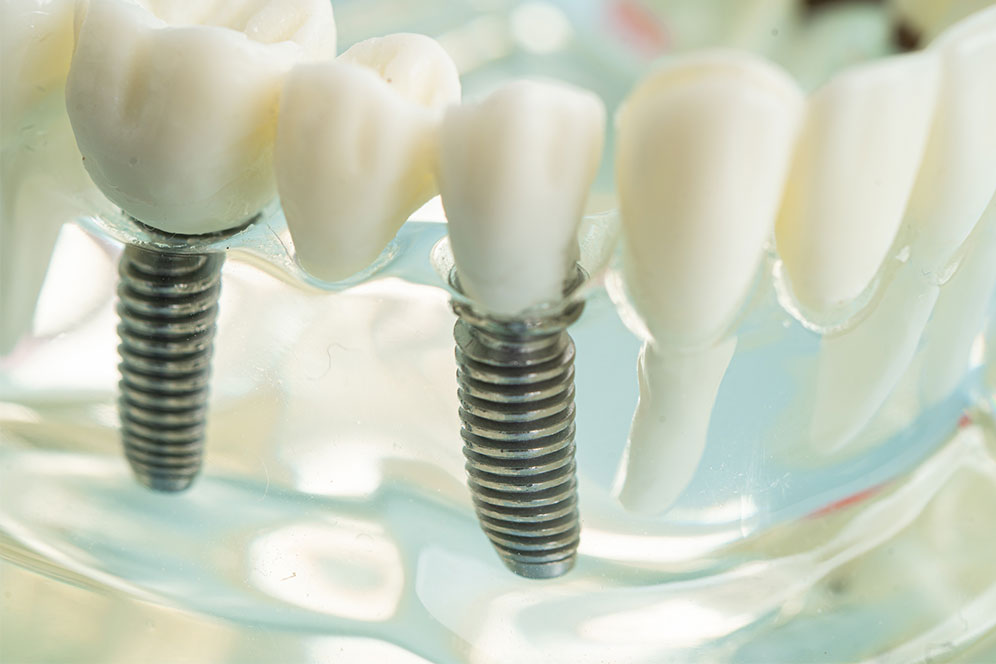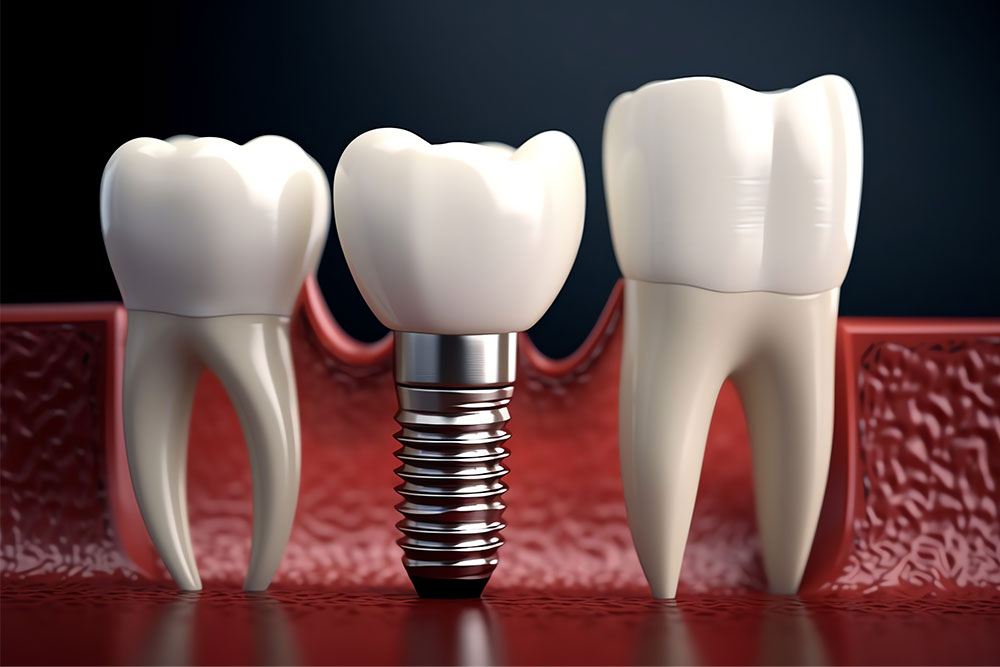Thinking about implants while living with diabetes or a smoking habit? Many Melburnians can still have reliable results with careful planning. If you’re comparing options for Dental implants Melbourne, this plain-English guide explains what raises risk and what you and your clinician can do about it.
How smoking and diabetes change candidacy and success
Both smoking and poor glycaemic control increase peri-implantitis, infection and delayed bone healing. Clinics in Melbourne typically sort patients into low, medium or high risk using smoking status, HbA1c, periodontal health, bone volume and medical history.
When to delay
Surgery is often deferred if HbA1c is above ~8.0%, you’ve had recent unstable readings, or you cannot pause nicotine around the operation. A short delay to stabilise health usually improves outcomes.
Clinician and clinic protocols
A good result depends on the team as much as the implant. Ask whether the practice manages complex medical cases, coordinates with your GP/endocrinologist, and follows written surgical checklists with audited sterilisation and clear stop-go criteria. When you search online, look for clinics that state their medical protocols up front.
Smoking-specific controls that improve success
Cessation timeline. Best practice is to quit 4 weeks before surgery and remain smoke-free throughout osseointegration (usually 8–12 weeks). Even 72 hours helps gum blood flow.
NRT and vaping policy. Nicotine can impair micro-circulation, but smoke and heat do more damage. Vaping is usually discouraged around surgery due to airway irritation and uncertain tissue effects.
Peri-operative instructions. No smoking on the day of surgery and for at least two weeks after. Keep foods cool to lukewarm for 48 hours (avoid very hot drinks >60 °C).
Diabetes-specific controls
HbA1c target. Ideal candidates sit at or below ~7.0%; many proceed up to 8.0% with extra precautions. Above that, most clinicians focus on improving control first.
Day-of-surgery glucose. Aim for 6–10 mmol/L. Morning appointments help. Bring your meter; call if readings stay >15 mmol/L.
Medication timing. Coordinate with your GP or endocrinologist. Metformin is commonly continued, though fasting may shift timing. SGLT2 inhibitors are often paused 3 days pre-op to reduce ketoacidosis risk. Never adjust insulin without advice.
Infection and wound healing. Expect tailored antiseptic and antibiotic protocols, especially if grafting is planned.
Treatment planning for higher-risk patients
Placement timing. Smokers and people with variable sugars often benefit from delayed placement after extraction, giving soft tissue and bone time to settle.
Loading strategy. Immediate loading gives quick teeth but adds mechanical stress. Staged loading (waiting for integration) is often safer for higher-risk cases.
Grafting and PRF. Bone/soft-tissue grafts and platelet-rich fibrin can improve volume and early healing in thin ridges.
Full-arch choices. If you’re exploring full mouth dental implants Melbourne, compare fixed bridges with bar-retained overdentures. Cleaning access, speech and maintenance matter as much as looks.
Sedation and reviews. Local anaesthetic with IV sedation is common. Arrange an escort and avoid driving for 24 hours. Expect contact at 48–72 hours, a 1-week check, then reviews at 4–6 weeks and at restoration; higher-risk cases may add monthly visits.

Practical aftercare for Melbourne patients
Appointment timeline. Typical flow: consultation and 3D scan → pre-surgery hygiene visit → surgery → reviews → crown or bridge. People comparing dental implants near me prices should weigh follow-up quality, not just the headline number.
Diet progression. Cool, soft foods for 48 hours, then soft chew for two weeks (yoghurt, scrambled eggs, mashed vegetables, poached fish). Avoid smoking, alcohol and hard bites until cleared.
Oral hygiene. Use a soft brush, warm salty water after 24 hours, and chlorhexidine if prescribed. Interdental brushes and a water flosser help under bridges.
Activity and pain control. Most manage with paracetamol and, if suitable, ibuprofen. Call if pain worsens after day three, fever exceeds 38 °C, or swelling accelerates.
Red flags. Persistent bleeding, foul taste with swelling, loose sutures, or glucose that stays >15 mmol/L despite medication require urgent review.
Healing timeframes. Soft tissue usually settles in 7–14 days; bone integration often takes 8–12 weeks in the lower jaw and a little longer in the upper.
Planning around weddings or travel. Schedule surgery at least 2–3 months before big events, or use a provisional solution and finish later. If you’re budgeting, look up teeth implants cost Melbourne ranges, then ask for a personalised, itemised plan.

What to do next
Book a comprehensive assessment including a periodontal exam, 3D imaging and a review of your medical history. If you’re still browsing for dental implants near me, bring your medication list and latest HbA1c. Ask for written timelines, costs and review points so you can compare like-for-like quotes.


